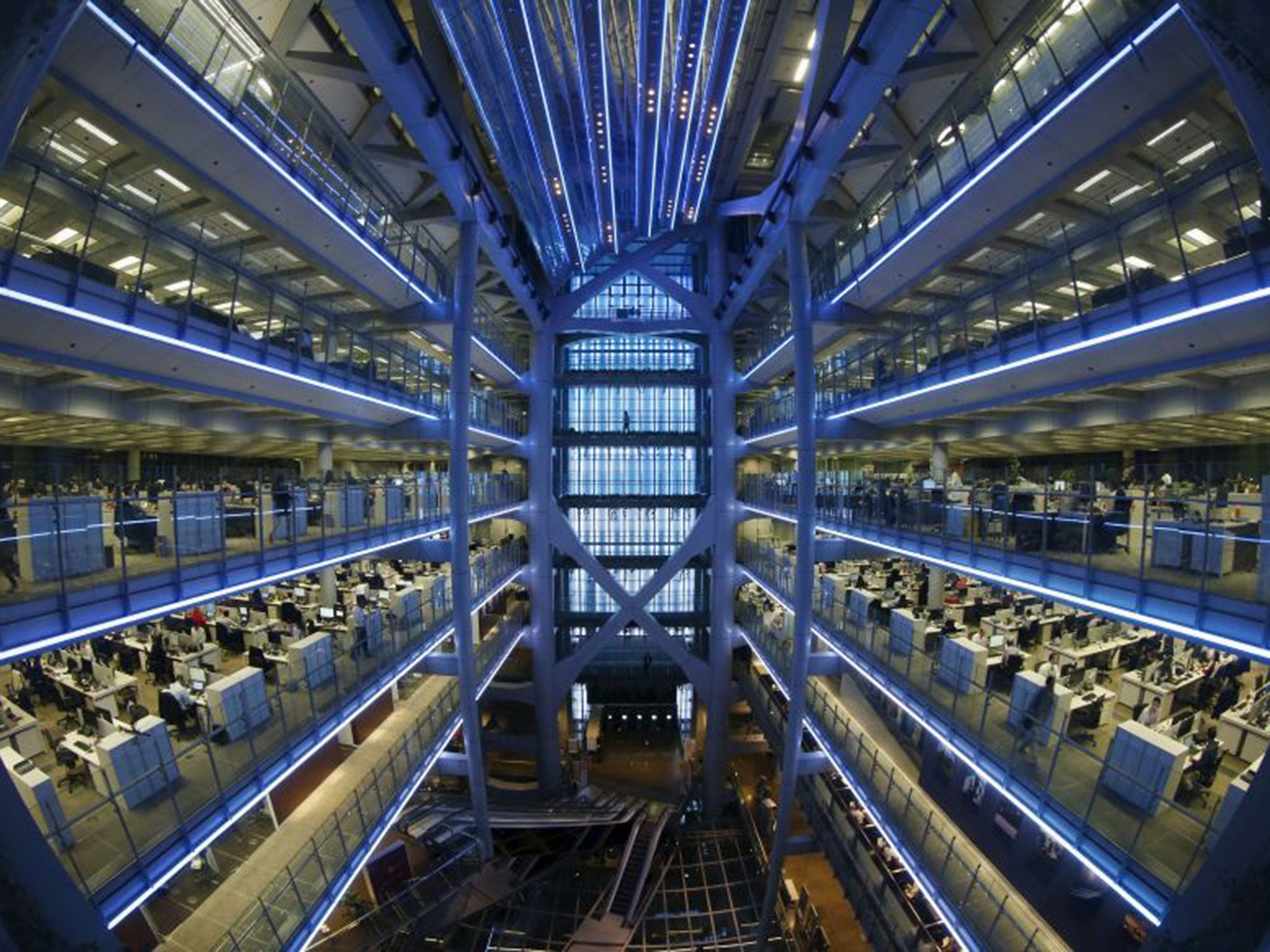With an identity caught between China and the West, Hong Kong is not at ease with itself - or its future
Is the future freedom of Hong Kong perhaps really in the hands of folk like HSBC and Citibank and the other 68 world banks whose offices are here?


Arriving in Hong Kong from the permanent crisis in the Middle East, the first thing you to say is: what are these people complaining about? Surely Hong Kong’s freedoms are as essential to Peking as authoritarianism is to mainland China. Why would anyone mess with this post-colonial Shangri-La when its banks and Western businesses are turning it into a shop-front for communist China?
The old but locally made British “Star” ferries still putter between Hong Kong and Kowloon, the metros are impossibly clean, the rich enjoy shopping malls that look like cathedrals. But then you read the words of Leung Chun-Ying, Hong Kong’s chief executive last year: “In the coming year [the Chinese Year of the Sheep], I hope that all people in Hong Kong will take inspiration from the sheep’s character and pull together in an accommodating manner to work for Hong Kong’s future.”
“Sheep” is how many British colonial rulers might have described their native subjects. We also liked the locals to be “accommodating”. But the democracy protests which so angered Peking in 2015 brought no resolution to the question: what will happen in 2047, when China’s 50-year Basic Law for Hong Kong – agreed before we left in 1997 – runs out? Will that be the end of “one country, two systems”?
The disappearance of five staff from Causeway Bay Books – sellers of literature critical of the mainland government – and the reappearance of at least two of them in mainland China, suggests that “one country” may already be ignoring the Hong Kong “system”.
The Brits usually tried to persuade native protesters that “independence” was on the way. But the Chinese have adopted the opposite tactic. After a Hong Kong student magazine suggested the UN recognise the territory as a separate country, the head of China’s parliamentary law committee, Qiao Xiaoyang, said future sovereignty for Hong Kong would be “impossible”. Those who fear democracy will end in 2047, take note.
But you can tell something is amiss when the South China Morning Post reports that US diplomats had a chat with the Hong Kong Indigenous group, under the headline: “US officials did meet radical localists”. What? Surely, “local radicals”. But no, “localists” has entered the English language in Hong Kong. And an article in the same paper this month argued that Hong Kong youth had “an overdose of postmodernism”, a state of mind in which, apparently, “truth and values are no longer absolute”.
I repaired to the old Foreign Correspondents Club to see Professor Frank Ching, a former Wall Street Journal and New York Times writer who teaches foreign relations at the Chinese University of Hong Kong. “In the last few years, there’s a feeling that the press is under a lot of pressure,” he says. “Kevin Lao, the editor of Ming Pao newspaper, was attacked by people with knives two years ago after a series of articles on corruption. A documentary movie about 1997-2007 called The Decade of Hong Kong appeared in cinemas but was quickly removed.”
Anna Wu Hung Yuk, is a member of Hong Kong’s executive council and she has much to say about Britain’s political heritage. She believes Hong Kong suffers from an identity crisis as well as a “social mobility crisis” – little money, not enough jobs for the young, the impossibility of paying for even a small city apartment – and this might be a conversation in Beirut or Cairo if it wasn’t for her suppressed sense of injustice. “I was born British and my nationality was removed from me. I no longer have a ‘right of abode’ in the UK. I hold an HK-issued passport for the ‘Special Administrative Region’ and my nationality is now Chinese.” In other words, she was born British and her nationality was taken away from her.
“The British only allowed democracy when they knew they were going to leave. In their history books here, the British never taught us about the opium wars. Now history is no longer a compulsory subject.”
I’m glad I’m not a Hong Kong citizen. They’re not obsessed with history – there’s little animosity towards Japan over its atrocities in China as there is on the mainland. Like Switzerland, they’ve got to be neutral and make a living. But these people grew up under British laws and the Western concept of representative government and democracy.
Now many international companies employ mainland youths with fluent English and Mandarin (rather than Hong Kong Cantonese) and, so many told me, they have good connections on the mainland. A-ha, “wasta”! It’s the Arabic word for “influence” that can mean the difference between life and death in the Middle East.
Which makes one ask the obvious question: is the future freedom of Hong Kong perhaps really in the hands of folk like HSBC and Citibank and the other 68 world banks whose offices are here? I doubt if they care much about banned books or the opium war or “localism” or postmodernism or old British passports.
Join our commenting forum
Join thought-provoking conversations, follow other Independent readers and see their replies
Comments